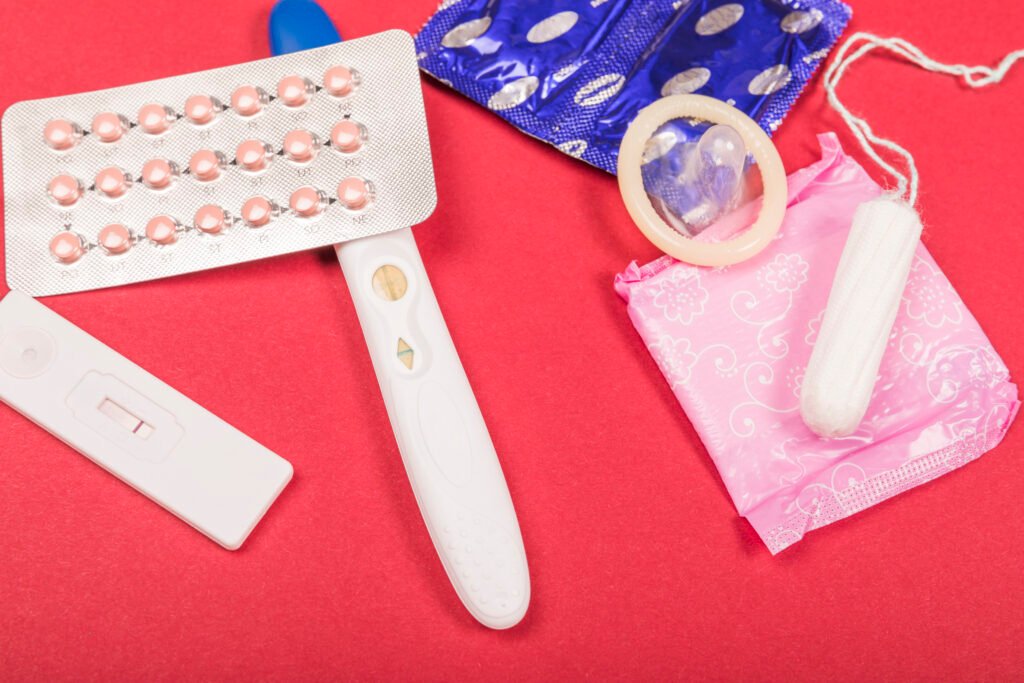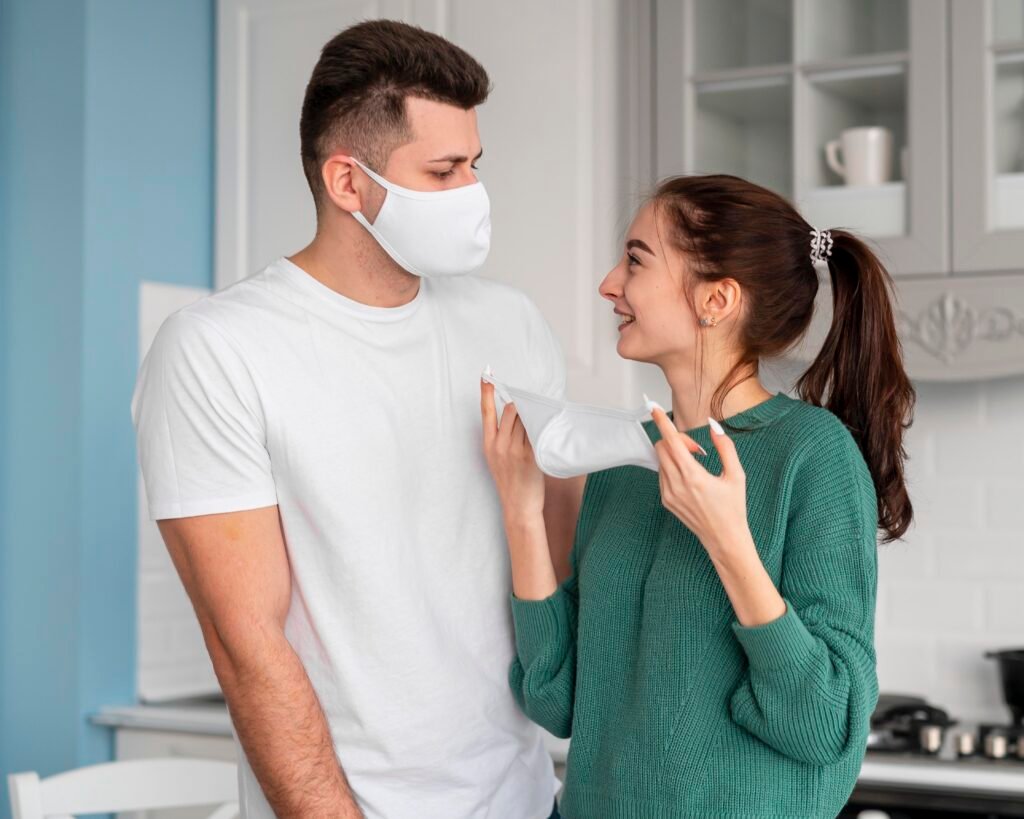
Sexually transmitted infections (STIs) are a major health concern, but the good news is they are preventable. By taking simple precautions and being informed, you can significantly reduce your risk of contracting an STI. Here’s what you need to know to protect yourself and your partner.
1. Use Condoms Every Time
One of the most effective ways to prevent STIs is by using condoms consistently and correctly. Condoms act as a barrier to protect both partners from the transmission of most STIs. Whether you’re engaging in vaginal, anal, or oral sex, wearing a condom reduces the risk of exposure.
2. Get Tested Regularly
Getting tested for STIs is essential for both you and your partner’s health. Regular testing helps you identify any infections early on and take necessary actions to prevent further transmission. Many STIs do not show immediate symptoms, so testing is the only way to be sure.
3. Limit the Number of Sexual Partners
While it’s important to have sexual freedom, limiting the number of sexual partners reduces your chances of encountering someone with an undiagnosed STI. If you do have multiple partners, open and honest communication about STI status is key.
4. Be Informed About Vaccinations

Certain STIs, like the human papillomavirus (HPV) and hepatitis B, can be prevented with vaccinations. Talk to your healthcare provider about getting vaccinated to safeguard yourself from these infections.
5. Practice Mutual Monogamy
Being in a mutually monogamous relationship where both partners are tested and free of STIs is one of the safest ways to protect yourself. This mutual commitment ensures you’re both on the same page about sexual health.
6. Avoid Sharing Personal Items
Some STIs can be transmitted through sharing personal items, like razors or towels, especially in areas where skin-to-skin contact is common. It’s important to avoid sharing such items to prevent infection.
7. Communication is Key
Before becoming intimate, have a conversation with your partner about sexual health. Open dialogue about STI testing, condom use, and any concerns you both have will create a healthier, more trusting relationship.
8. Use Water-Based Lubricants
Lubricants can reduce the risk of condoms breaking or slipping during sex, and they make the experience more comfortable. Choose water-based lubricants, as oil-based ones can weaken the material of condoms, leading to breakage.
9. Be Aware of the Symptoms
While many STIs don’t show symptoms immediately, some common signs to watch out for include unusual discharge, itching, pain during sex, sores, or bumps. If you notice any of these, seek medical advice and get tested.
10. Seek Professional Advice
If you’re unsure about which methods are best for STI prevention or if you have concerns about your sexual health, consult a healthcare professional. They can provide advice tailored to your specific needs.
Caption:
Learn how to protect yourself from sexually transmitted infections (STIs) with these essential tips and preventative measures. Stay safe, stay informed. #SexualHealth #STIPrevention
#STIs #SexualHealth #ProtectYourself #SafeSex #HealthAwareness #STIAwareness #Condoms #SexEducation #HealthyRelationships #SexualWellness #PreventionMatters #HealthTips #STIPrevention #ResponsibleSex #SexualSafety
Disclaimer:
This blog is intended for informational and educational purposes only. The views expressed are personal opinions or general insights, not professional or legal advice. Readers should do their own research or consult relevant professionals before taking action based on this content.

